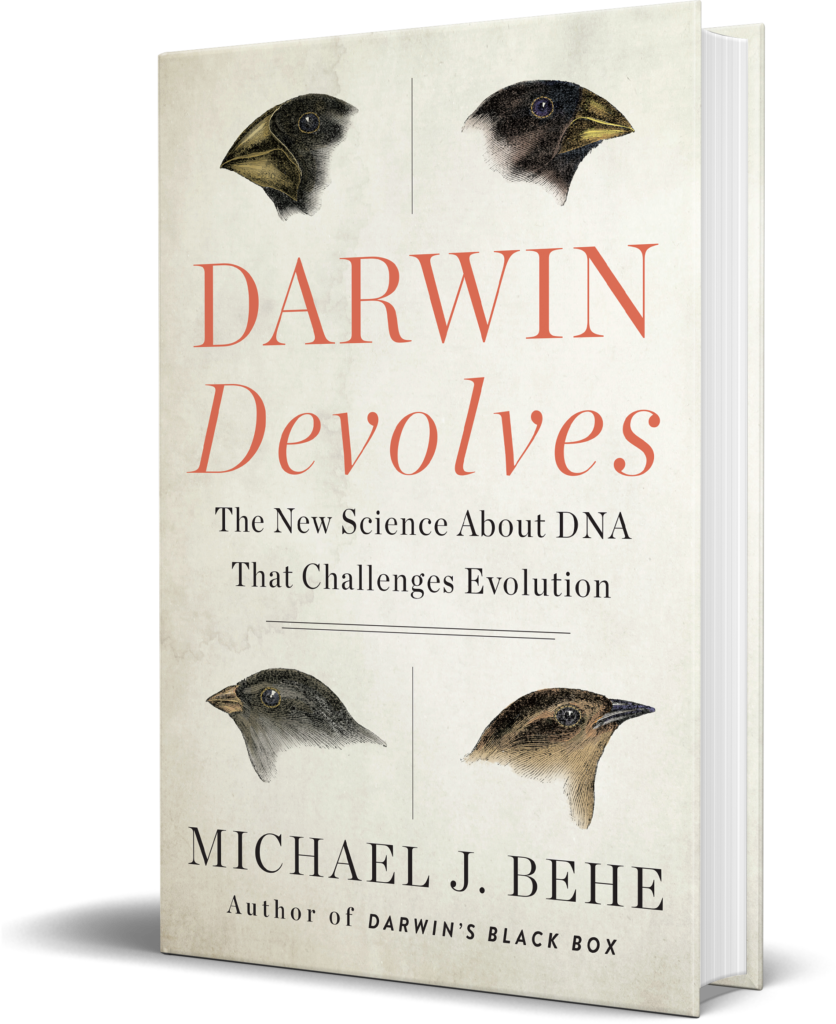
In Darwin Devolves, Michael Behe argues that polar bears succeed because “genes for regulating fat and for metabolizing cholesterol became broken or blunted, and this had a side effect of keeping the bears warm in cold climates, changing their coat color, while permitting them to survive on fatty diets of seals. Darwin’s mechanism did not create anything new; it broke things, but in the case of the polar bear, it worked out.”
Researchers hoping to see Darwinian selection leading to improvement in goldfish after they diverged from zebrafish and carp failed to see much.
What the researchers did find in abundance, however, is information loss. Once genomes of zebrafish and goldfish were available, loss was evident…
While evidence for evolutionary gain was largely absent in their paper, the word loss appears 74 times, and lost 27 more times! Which process appears to have predominated? So how are goldfish like polar bears? They evolved primarily by loss. Genes became lost or inactive, or expression levels changed. Nothing new evolved to make a polar bear or a goldfish into some wonderful, innovative new creature. Goldfish are, essentially, broken carp that get along with different expressions of the same genetic information.
“Behe Vindicated Again: Goldfish Are Broken Carp” at Evolution News and Science Today:
The principle behind Darwin Devolves is not only right but obviously right. The most likely way for natural selection to change a life form would be to blunt or break something because natural selection is an unintelligent cause.
We see this all the time. Animals gnaw a hole in the bottom of a jug of water and they get some water but the rest is wasted. They destroy the feedhouse door trying to get into the feed because they don’t know how to use the doorhandle. They do get fed but the feed is scattered and much is wasted. That’s what an unintelligent cause is typically like. Put another way, the animals won’t learn to use the doorhandle or the jug cap. But just to survive and reproduce, they might not need to.
Note: A handful of animals (octopuses, monkeys, and apes, for example) can open jar lids. But it isn’t something we should usually expect. In the same way, we should not usually expect a cause like natural selection to craft elegant structures of great complexity. No matter what we think about origins, we should scrutinize such claims very carefully.
See also: Eric Metaxas interviews Michael Behe
Michael Behe responds to the critics at his university, Parts 2 and 3
Follow UD News at Twitter!